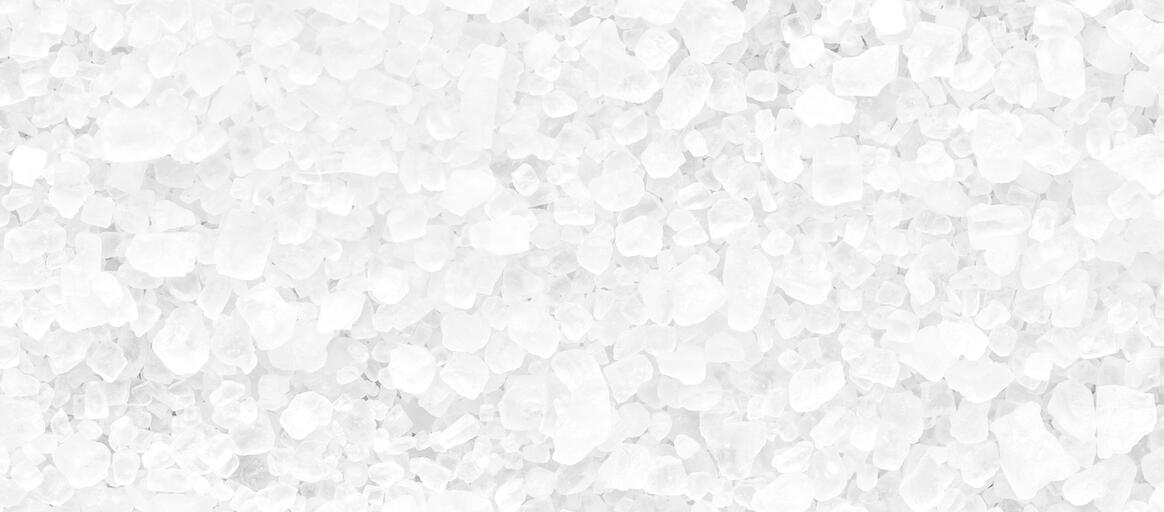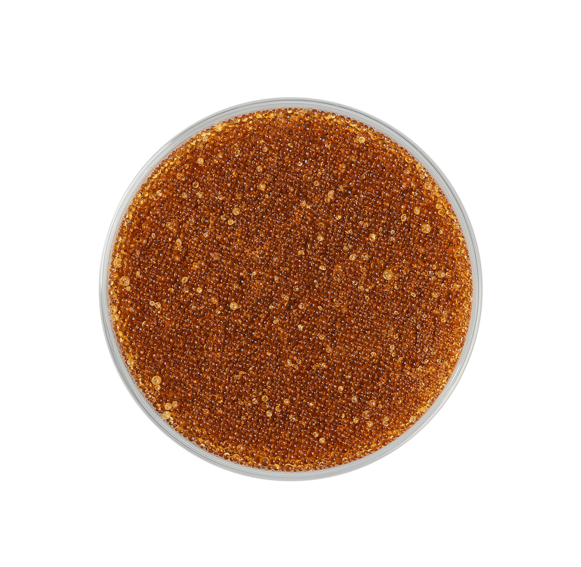What is the best salt for your water softener?
Hard water is disastrous for pipes and electrical appliances. It increases your energy consumption, you need to replace appliances more often and you have to use more soap and detergents. That is why it is important to invest in a water softener. For your appliances to work well, you need a salt for water softening. But what is the best type of salt to choose?

The shape of the salt does not have any effect on the usage. Salt dissolves in water until the saturation point is reached, and this is the same for all types of salt.
What is hard water?
Hard water is water that contains excessive amounts of minerals, like calcium and magnesium. Mineral deposits, also known as limescale, are very harmful for your pipes and will cause them to become blocked over time. Limescale can also have a serious effect on the heating element in your appliance. This takes the form of higher energy bills and means that your appliances need to be replaced more often. Water softeners are used to avoid this.
Water hardness is expressed in terms of French or German degrees. Water that has a hardness of 22 French degrees or 12 German degrees is fairly hard water. You can ask your water supplier about the hardness of the water where you live.

What do water softeners do exactly?
Water softeners contain a filter with resin beads (resin column) that removes the minerals from the water through ion exchange. The water flows through a reservoir of resin beads, the so-called ion exchange resin. The minerals bond to these resin beads. Over time, the resin becomes saturated which means that it is no longer able to absorb the minerals. Rinsing the filter with brine (salt water), cleans and regenerates the resin so that it is able to absorb the minerals again.
Salt crystals or salt tablets?
Water softening salts are available in many different shapes, such as tablets, crystals and blocks. But what is the best salt to choose for your water softener?
When you are choosing salt, do not be distracted by the shape of the salt, but rather look at the quality of the salt. Salt quality is determined by its purity and hardness.
Furthermore, the salt should not contain any additives and should contain as little salt dust as possible. All of the salts for water softening in the SOFT-SEL® range (salt crystals, salt tablets, granular salt) meet the European 973 type A standards, which is the highest class of purity.
The shape of the salt does not have any effect on the usage. Salt dissolves in water until the saturation point (around 360 g per litre of water) is reached, and this is the same for all types of salt.
When you take the price-quality ratio into account, SOFT-SEL® CRYSTALS are the best choice, since these are slightly cheaper due to the way they are produced, but have the same quality as salt tablets.
These tips may be helpful
- Check whether there is a certain type of salt recommended for your water softening system.
- It is best not to mix different types of salt in your salt container.
- Add SOFT-SEL® RESIN CLEANER regularly to the salt container to remove iron and mineral residues and avoid the development of undesired micro-organisms